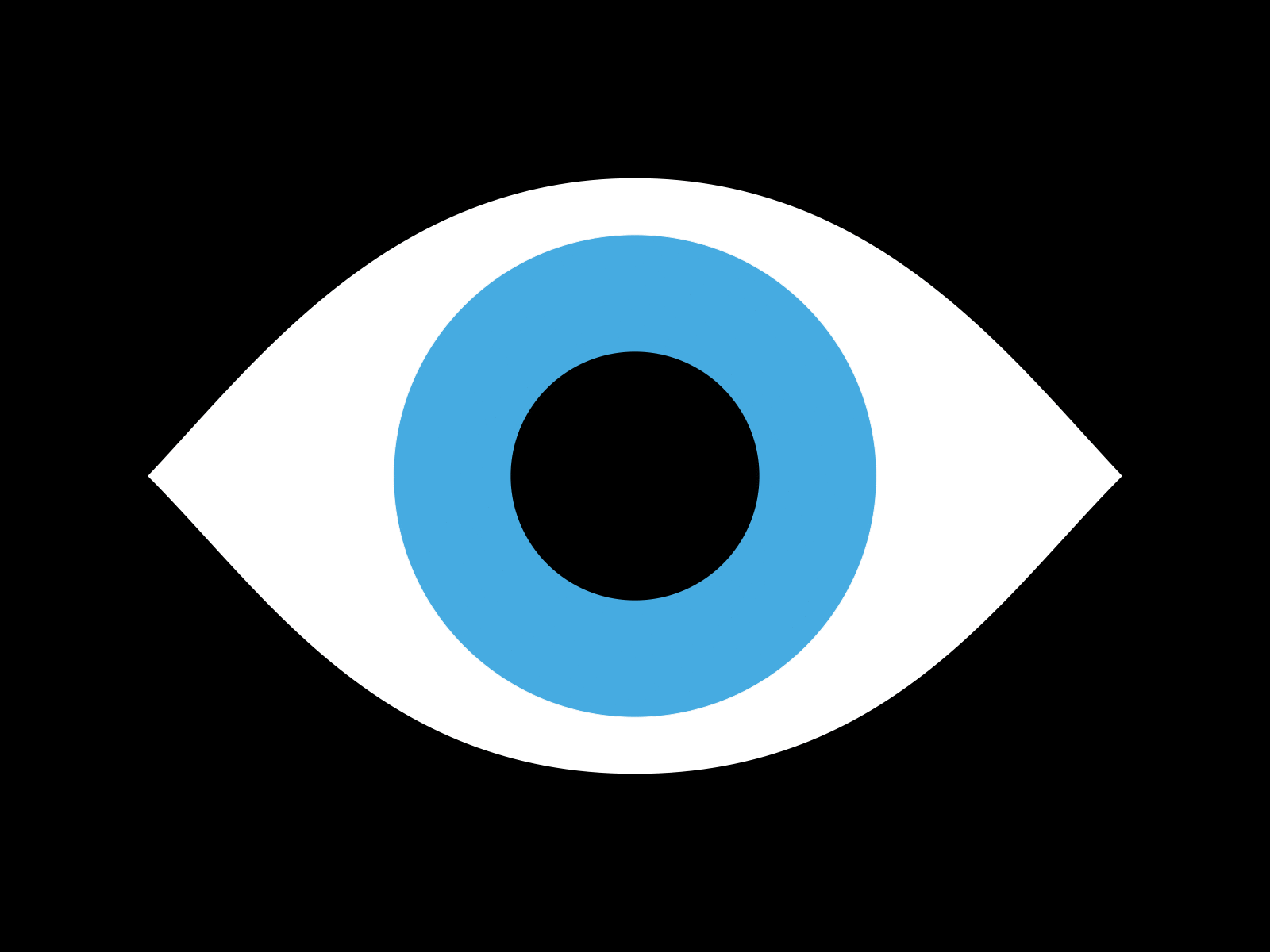Let’s start with the truth.
You need better questions.
Most people aren’t looking for answers. They’re looking for permission to trust what they already know. That’s what therapy often provides.
Not instruction.
Not solutions.
Just the space to surface what’s already buried inside.
Therapists ask good questions. They guide you through the fog, help you face what you’ve avoided, and interrupt the default loops you’ve inherited from family, culture, school, and society. That’s valuable. Essential, even, for some.
But if you’ve trained yourself to sit in discomfort…
If you’ve developed the discipline to question your own assumptions…
If you’ve made a habit of looking inward without flinching…
Then maybe you don’t need therapy.
Maybe you need better questions.
Therapy Without the Couch
We’re not short on wisdom.
We’re short on clarity.
The problem isn’t a lack of knowledge. It’s a lack of structure to make sense of what you already sense.
That’s why I never hand people answers. I don’t project my worldview onto yours. I don’t impose frameworks. I follow the thread of your thinking and pull.
Like therapy? Maybe.
But there’s no couch. No formal protocol.
Just a relentless pursuit of what’s true, not what’s safe, expected, or strategic.
A mirror doesn’t tell you who to be.
It shows you who you are.
What If You Already Know?
I learned this young. I spent hours in thought, often alone, building imaginary worlds with toy planes and action figures that somehow held more truth than most adult conversations. That was the beginning of my practice: learning to trust what didn’t need to be explained to feel real.
I never lost that instinct.
What changed is how I use it. Now I help others do the same — founders, executives, operators, creatives, and professionals — who have been buried under advice, methods, frameworks, and “best practices” that drown out their own voice.
What they need isn’t more direction.
They need deconstruction.
They need someone to ask:
What if you already know the answer, but you’re too afraid to say it out loud?
This question works for people.
It works for businesses, too.
Positioning Without the PowerPoint
The biggest problem in positioning isn’t messaging.
It’s avoidance.
People obsess over value props and branding because it’s easier than sitting with the real question:
What do you or your business actually stand for?
They debate whether they’re fast or reliable, instead of asking what they fundamentally are.
I’ve seen it across corporate, consumer, aviation, sports, consulting, SaaS, energy, hospitality, healthcare, <insert industry of your liking> and individuals. They chase clarity through contrast, “we’re better than…” instead of identity: this is what we’re built around, full stop.
You don’t find that in a deck.
You uncover it.
And the only way to uncover it is to ask better questions.
Questions Without the Worksheet
This isn’t just personal. It’s structural.
Self-Determination Theory shows that the deepest motivation is intrinsic when you’re driven by autonomy, not approval. Carl Rogers showed real change happens when people are free to discover their own truth, not conform to someone else’s idea of it. Maslow placed self-actualization (the realization of one’s own potential) at the peak of human needs.
You don’t need a strategy to become something.
You need one to reveal what you already are.
That’s what great positioning does.
It doesn’t invent meaning.
It reveals it.
You Don’t Need a Framework. You Need a Mirror.
Most positioning fails because it’s outsourced.
Most therapy fails because it’s delegated.
But if you can learn to question your own defaults (not to optimize them, but to examine them), you build something far more powerful than a brand or a strategy.
You build internal coherence.
You don’t need a therapist to validate you.
You don’t need a strategist to define you.
You need the courage to stop running from what you already know.
And the patience to ask yourself the kind of questions that don’t fit into a worksheet. The kind that change everything.
FinalLY
You don’t need therapy.
You need better questions.
And if you do choose therapy, let it be because you’re already curious, not because you think someone else holds your truth.
Same goes for positioning.
The answers aren’t outside you.
They never were.
You just need the courage to ask the questions that reveal them.



Leave a Reply
You must be logged in to post a comment.